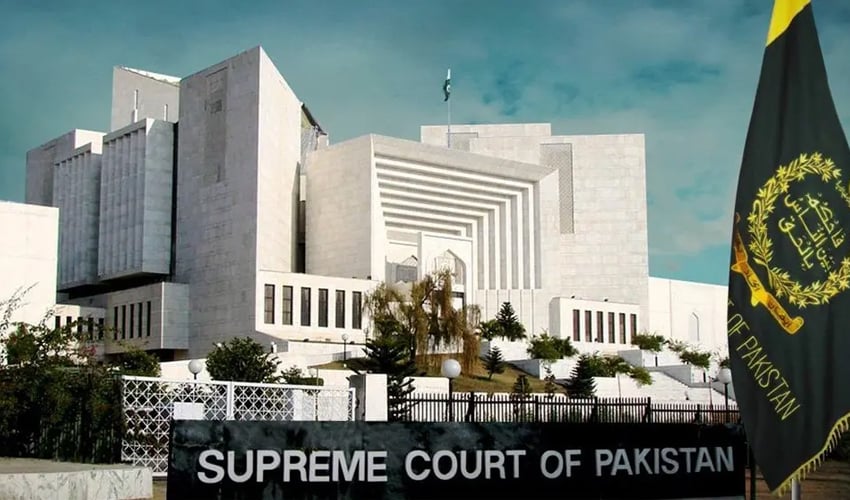Editorial
Appointment of Ad-Hoc Judges Sparks Engaging Debate Over Supreme Court Composition
The recent nomination of four ad-hoc judges to the Supreme Court of Pakistan has ignited a heated debate and intense scrutiny, sparking critical questions about the timing and implications of these appointments. Justices Mushir Alam, Maqbool Baqir, Mazhar Alam Khan Miankhel, and Sardar Tariq Masood have been nominated for three-year terms, with each judge set to retire during this period.
The timing of these appointments has garnered significant attention, prompting discussions on the underlying reasons behind the decision to nominate ad-hoc judges at this specific juncture. Stakeholders are keen to understand the rationale driving this move and whether there are strategic motives influencing the composition of the Supreme Court.
Moreover, the potential stance of political parties regarding these appointments is a matter of concern. The uncertainty over whether they will extend their support or vehemently oppose the nominations is a key factor that will shape the public perception and legitimacy of the appointments. In the current political landscape, the positions taken by different parties on this matter will play a pivotal role.
Pl subscribe to the YouTube channel of republicpolicy.com
Furthermore, the reactions of senior puisne judges and other members of the commission tasked with making these appointments are of utmost importance. Support or opposition from within the judiciary itself could significantly sway the outcomes and implications of appointing ad-hoc judges to the Supreme Court.
Upon comprehensive analysis, it becomes evident that the timing of this decision is of paramount importance and is likely to trigger contentious debates. The appointment of ad-hoc judges at this juncture raises profound questions about potential efforts to reshape the Supreme Court’s composition, adding another layer of complexity to an already contentious issue.
Ad-hoc judges are not necessarily considered unjust; however, there are concerns regarding their appointment and its potential impact. Additionally, the timing and motives behind the appointment of ad-hoc judges can sometimes raise suspicions about attempts to influence the composition of the court for specific motives, which may compromise the impartiality and integrity of the judicial process. These factors contribute to the debate and scrutiny surrounding the appointment of ad-hoc judges to the judiciary.
















